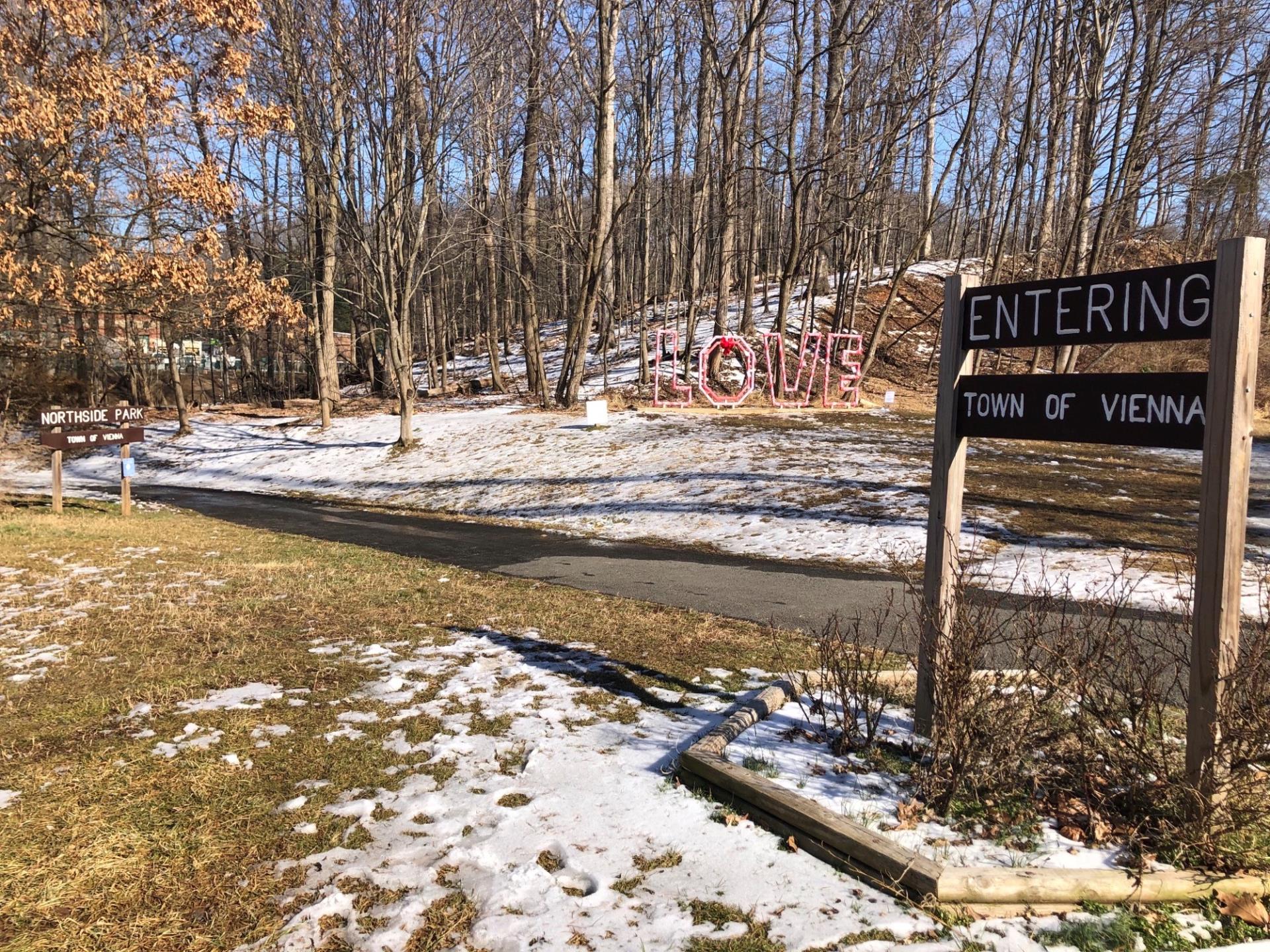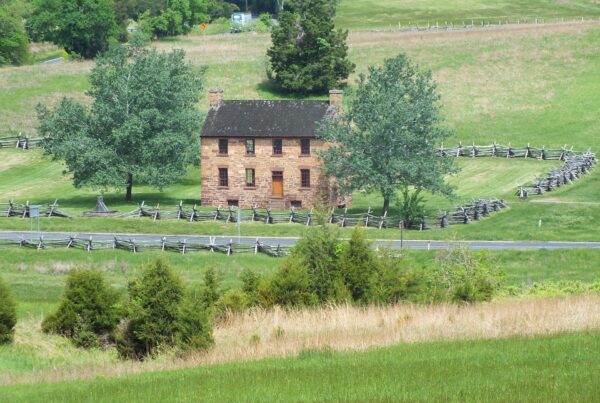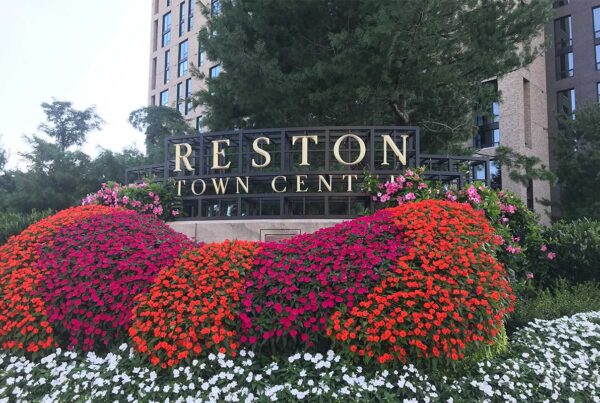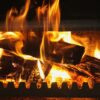Guide to Mastering the Flue in Vienna, VA: Tips and Tricks
The chimney flue is one of the most critical components of your fireplace. It plays a crucial role in ensuring that smoke and gases are safely conducted out of your home. However, many homeowners in Vienna, VA, often overlook the maintenance of this critical structure, leading to safety hazards and costly repairs down the line. This article aims to provide you with an all-inclusive guide to mastering the flue, offering helpful tips and tricks along the way.
Understanding Your Flue
A chimney flue is the inner duct that channels gases and smoke outside your home. The flue must be airtight to prevent the escape of these potentially harmful by-products into your living space. Its size and type must be compatible with the kind of fireplace or stove you have.
Regular Inspection and Maintenance
One of the best ways to ensure your chimney flue is functioning correctly is through regular inspection and maintenance. The National Fire Protection Association (NFPA) recommends annual chimney inspections. Looking out for signs such as a smoky fireplace, a strong odor, or a damaged flue liner can indicate that your flue needs immediate attention.
However, due to the intricacies involved, it’s best to leave this job to professionals. A&T Chimney Sweeps fireplace, furnace, dryer vent, gutter cleaning and repair services in Vienna, VA, is one such reputable company offering these services.
Proper Cleaning
Routine cleaning is vital to remove the build-up of creosote, a highly flammable by-product of wood combustion that accumulates on the flue’s inner walls. If not removed, an intense fire can ignite within the chimney, leading to severe damage and potential safety hazards.
You can prevent creosote build-up by burning only seasoned hardwoods and maintaining proper airflow in your fireplace. However, it’s best to have your chimney and flue professionally cleaned at least once a year.
Chimney Caps
Installing a chimney cap can help protect your flue from external elements such as rain, snow, and animals. These caps also prevent embers and sparks from your fireplace from escaping and potentially starting a fire on your roof.
Flue Liners
Flue liners serve to protect the chimney walls from heat and corrosion and prevent harmful gases from seeping into your home. While traditional clay tile liners are quite durable, modern stainless steel liners offer superior protection and are easier to clean.
Repairs and Replacements
Over time, your chimney flue may need repairs or replacements due to the constant exposure to high heat, corrosive gases, and external elements. Cracks and gaps in the flue liner can allow toxic gases to enter your home, posing a significant health risk. Therefore, any damage to your flue should be promptly addressed by a professional chimney service.
Conclusion
Mastering the flue in your Vienna, VA home doesn’t have to be a daunting task. With regular inspections, routine cleaning, and timely repairs, you can ensure that your chimney flue is always in top condition. This not only enhances the performance of your fireplace but also ensures the safety of your home and family.
FAQs
1. How often should I have my chimney flue inspected and cleaned?
The National Fire Protection Association recommends annual inspections and cleaning of your chimney and flue.
2. What are the signs that my flue needs repair?
Signs of a damaged flue include a smoky fireplace, a strong odor, visible cracks, or a damaged flue liner.
3. Can I clean and repair my chimney flue myself?
While minor cleaning can be done yourself, it’s recommended to hire professionals for a thorough inspection, cleaning, and any necessary repairs.
4. What is the role of a flue liner?
A flue liner protects the chimney walls from heat and corrosion, prevents harmful gases from entering your home, and enhances the overall efficiency of your fireplace.
5. How can I prevent creosote build-up in my flue?
Burn only seasoned hardwoods and maintain proper airflow in your fireplace to minimize creosote build-up. Regular professional cleaning also helps keep creosote at bay.








